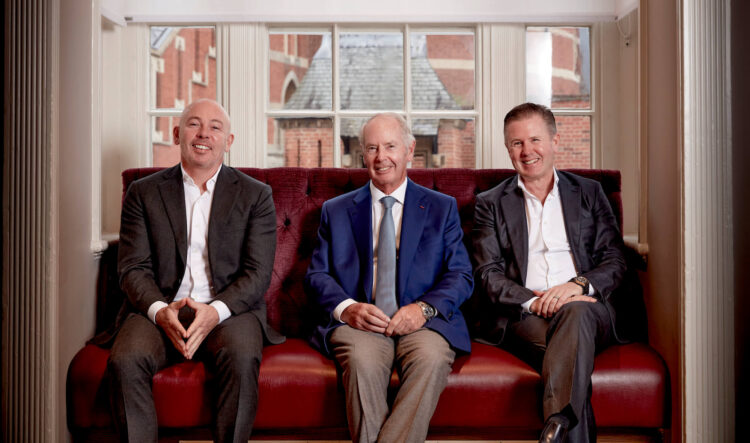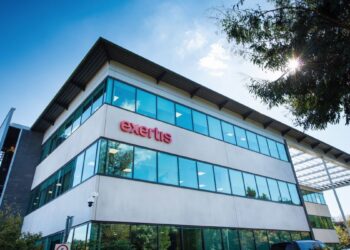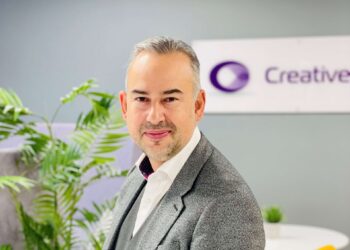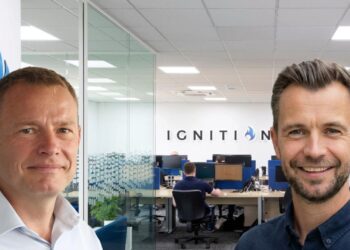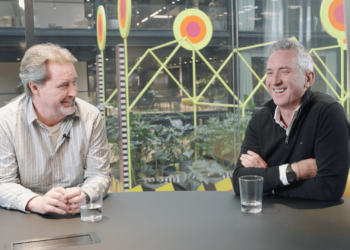SCC owner Rigby Group has brought forward its net zero target from 2050 to 2040, it announced as it published its first group-wide sustainability report.
Here we round up what you need to know.
1. Target comes with ‘multitude of challenges’
Rigby Group’s fresh 2040 net zero target puts the SCC owner in line with the likes of Softcat and Computacenter.
Co-CEO Steve Rigby admitted achieving “true sustainability” for a “complex organisation” like Rigby Group would not be straightforward, however.
Unlike Softcat and Computacenter, family-owned Rigby Group has significant interests outside the IT sector, including in airports (where it claims to be making “good progress” towards selling sustainable aviation fuel).
The Birmingham-based group draws £3.29bn of its £4bn revenues from SCC, £110m from Rigby Technology Investments, £94m from airports, £36m from real estate and £17m from hotels.
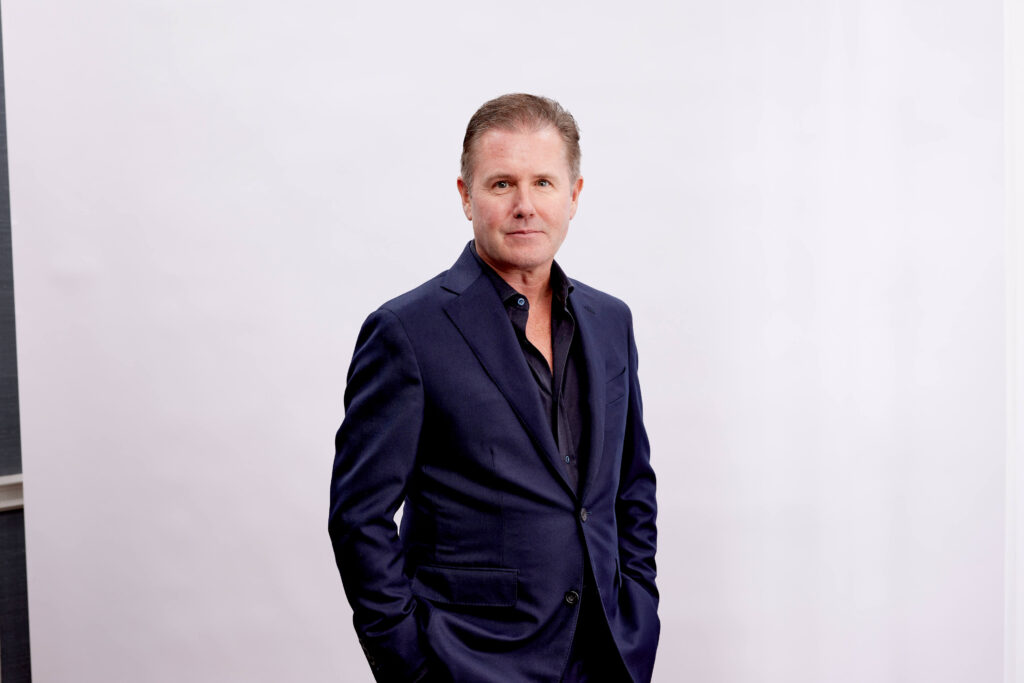
“Our size and commercial diversity bring a multitude of challenges, but we are committed to acting, listening, and learning to leave a better world for future generations,” Rigby said.
2. SBTI approval awaits
SCC is aiming to have its emissions reductions validated by the Science Based Targets initiative (SBTi) in 2024 (a feat Softcat achieved in 2022 and Computacenter in 2023).
Under SBTi – which is a collaboration between global bodies such as the United Nations and the CDP – companies must prioritise “rapid and deep” cuts to both their direct and value-chain emissions, typically halving them by 2030.
The longer-term net zero targets companies commit to under SBTi imply emissions cuts of 90% or more, meanwhile.
Having bagged level C in the CDP global carbon disclosure system in its FY23, SCC is targeting level B in 2024, it added.
3. Scope 2 already slashed
In its inaugural group sustainability report, Rigby Group claimed it had slashed scope 2 emissions by nearly two-fifths, thanks partly to its installation of solar panels at its flagship SCC datacenter.
The 749kWe roof-mounted solar-photovoltaics system will avoid approximately 124 tonnes of carbon dioxide equivalent (CO2e) per year, it claimed.
The 8,500-employe firm also now purchases 100% renewable REGO-backed electricity.
Scope 2 emissions from purchased electricity consequently fell 39% between 2020 and 2023 to 10,213 tCO2e.
Scope 1 emissions (from a combination of gas, and combustion of fuel for transport purposes) also fell during the same period.
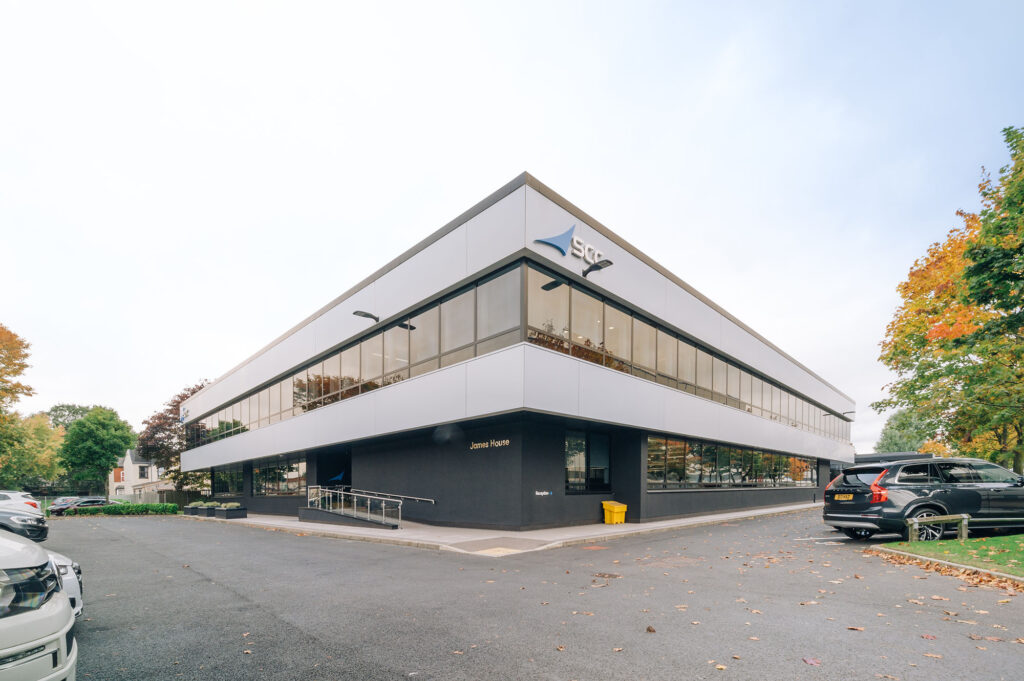
Rigby Group’s report also tracked one category of scope 3 emissions – namely business travel in rental cars or employee-owned vehicles, which it said have fallen by a quarter over the past three years.
The group is “planning to develop the UK’s largest battery gigafactory and within our airport division are making good progress towards selling sustainable aviation fuel”, meanwhile.
4. Dedicated leader limbers up
Echoing moves from some of the other big IT solutions providers such as Avanade, SCC has also moved to appoint a Head of Sustainability in the shape of Paul Southall.
This will ensure that its sustainability efforts – dubbed Project Sequoia – “receive sufficient focus”, Rigby said.
“[He] will lead us towards our goals, with support from Divisional Sustainability Committees,” Rigby said.
Doug Woodburn is editor of IT Channel Oxygen


